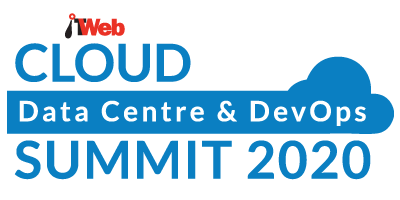Business
The companies best positioned to outperform are those that successfully balance data trust, value and transparency, says IBM.
Business
SA firms show deep hunger for advanced cloud services
Local companies are eager for advanced technologies, but innovation-lagging IT departments set them up for failure, says Dimension Data’s Grant Morgan.
Business
Data protection must be boardroom priority
Companies must get serious about data protection in the software-as-a-service era, says Redstor’s Danie Marais.
Business
Some apps are like cats, others are like chickens
VMware’s Dave Funnell used a cat vs chicken analogy in his #ITWebCloudDD keynote on accelerating application development.

